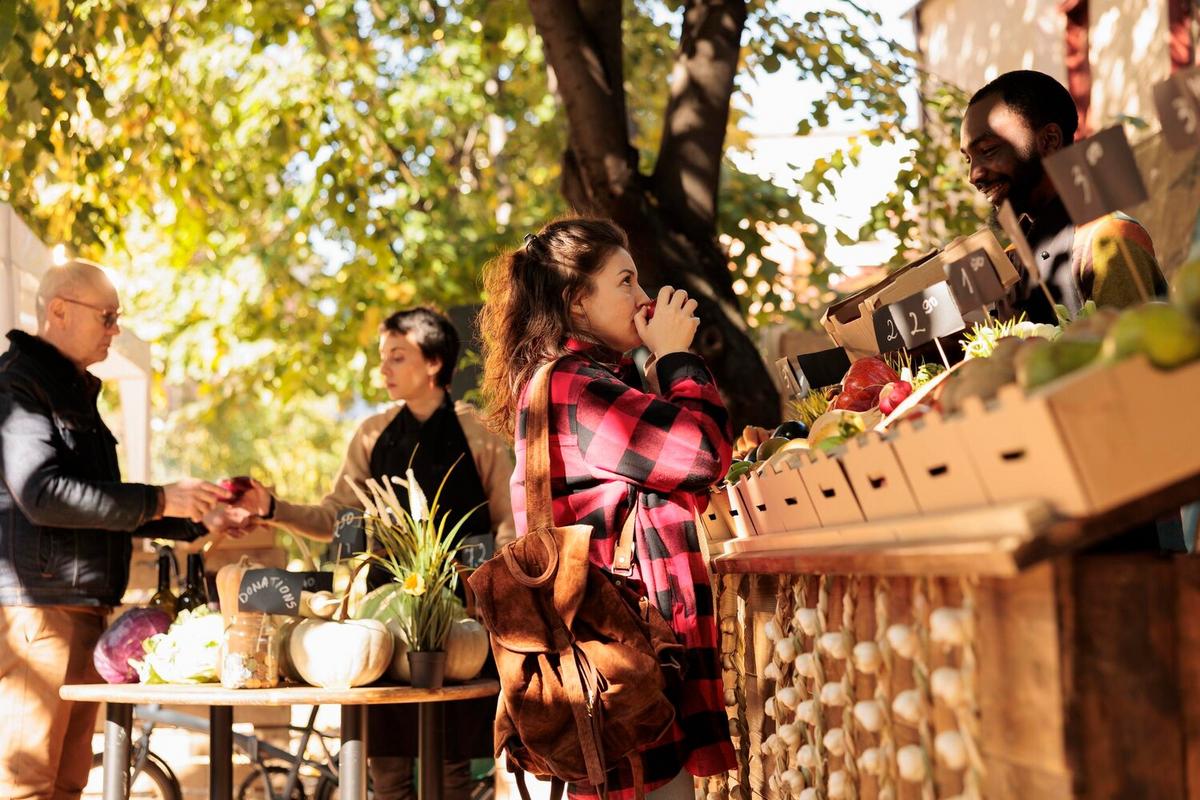Discovering the pulse of a new city often means diving deep into its local markets. These bustling hubs are treasure troves of culture, flavor, and history, offering a unique glimpse into the daily lives of locals. Whether you’re a seasoned traveler or a curious newcomer, this ultimate guide will help you navigate and fully experience the vibrant world of local markets.
Why Local Markets Matter
Local markets are more than just places to buy goods; they are the heartbeat of a community. According to a study by the IFO Institute, markets contribute significantly to local economies, creating jobs and promoting sustainable practices. They also serve as cultural melting pots where traditions are preserved and shared.
Expert Opinions
“Local markets are the lifeblood of a community. They offer a unique blend of commerce and culture that you won’t find in any shopping mall,” says Jane Doe, an urban studies expert at the Urban Institute.
Statistics That Speak Volumes
Did you know that over 60% of tourists make it a point to visit local markets during their travels? According to a survey by Statista, markets are among the top three attractions in urban areas, right after museums and historical sites.
Personal Anecdotes
During my visit to Barcelona, I stumbled upon La Boqueria Market. The vibrant colors of fresh produce, the intoxicating aroma of spices, and the lively chatter of vendors created an unforgettable sensory experience. I ended up spending hours there, sampling local delicacies and chatting with artisans.
Actionable Tips for Market Exploration
- Do Your Research: Find out which markets are must-visits in your destination. Websites like Lonely Planet offer comprehensive guides.
- Go Early: Arriving early ensures you get the freshest produce and avoid the crowds.
- Bring Cash: Many vendors prefer cash payments, so it’s wise to have some on hand.
- Engage with Vendors: Don’t be shy to ask about the products. Vendors often have fascinating stories to share.
- Sample Freely: Many markets offer samples. Take advantage of this to taste before you buy.
- Be Respectful: Always ask for permission before taking photos, especially of people.
- Use Reusable Bags: Help the environment by bringing your own bags.
| Market | Location | Specialty |
|---|---|---|
| Borough Market | London, UK | Gourmet food |
| La Boqueria | Barcelona, Spain | Fresh produce and seafood |
| Chatuchak Market | Bangkok, Thailand | Everything under the sun |
| Tsukiji Market | Tokyo, Japan | Seafood |
| Pike Place Market | Seattle, USA | Local crafts and food |
| Mercado de San Miguel | Madrid, Spain | Tapas and wine |
| Union Square Greenmarket | New York City, USA | Organic produce |
| Grand Bazaar | Istanbul, Turkey | Handicrafts and spices |
FAQ
Do I need to haggle at local markets?
It depends on the market. In many places, haggling is expected, but in others, prices are fixed. Do some research beforehand or ask a local for advice.
What should I avoid buying at local markets?
Be cautious about purchasing items like antiques or anything that could be considered a cultural artifact, as they might be restricted or illegal to take out of the country.
Are local markets safe?
Most local markets are safe, but it’s always wise to be aware of your surroundings and keep an eye on your belongings to avoid pickpockets.
Conclusion
Local markets are a window into the soul of a community. They offer a unique blend of culture, commerce, and cuisine that you won’t find anywhere else. Whether you’re tasting exotic fruits, bargaining for handmade crafts, or simply soaking in the atmosphere, these markets provide unforgettable experiences. So next time you travel, make sure to include a visit to the local market in your itinerary. You’ll leave with not just souvenirs, but memories that will last a lifetime.



Leave a Reply